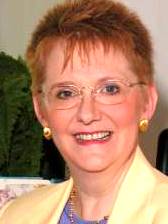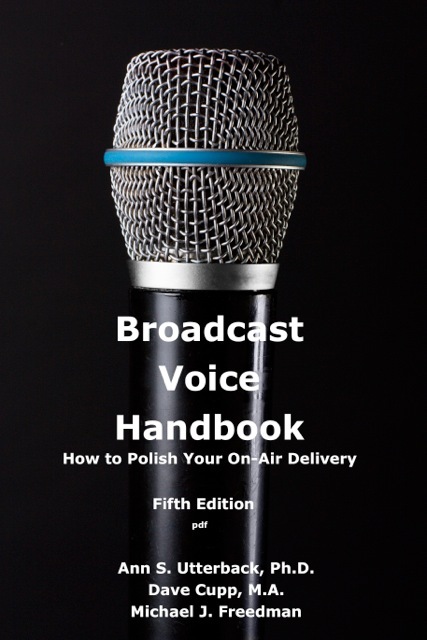|
VOICE ACTING Resonance: Why Your Recorded Voice Sounds Different From What You Hear In Your Head Part 1 February 7, 2017  By Ann Utterback By Ann UtterbackVoice Specialist and Author, Broadcast Voice Handbook A few weeks ago, Sam Litzinger, a news correspondent at CBS Radio News, called my attention to a New York Times article, "Why Do Our Recorded Voices Sound Weird to Us?” by Jonah Engel Bromwich, January 13, 2017. First of all, I was amazed that the New York Times would spend space to print an article on resonance. It’s not normally something in which the public is interested. Secondly, I was delighted because the article solved a mystery that has plagued me since I started working with voice about 45 years ago. That is, why when people listen to their recorded voices, do some say it sounds higher than what they expected, and a few say the opposite? THE VIBE OF VOICE Just to explain resonance briefly: sound waves are only audible because they create vibrations in air and in everything they strike. That’s true of thunder, for example, which we hear because it makes our ear drums vibrate, but it also makes everything from wood to glass vibrate. These vibrations determine the resonance of the sound we hear. For speech, the vibrating cavities are traditionally considered to be the nasal passages, sinus cavities, and the oral cavity. The other cavities and bones in the head vibrate as well. HOW WE HEAR IT The way I explain the reason we think recordings of our voices differ from what they really are, is that we usually only hear them resonated once when recorded. But when we hear our voices in our heads, we hear "double” resonance compared to what others hear. We hear the sound vibrating in the bones and cavities of our body as well as hearing the sound as it comes into our ears after resonating in the air. Because of this, I always think I sound like Minnie Mouse when I hear my recorded voice. Yet in my head, it sounds rich and full. MORE TO CONSIDER ... But it seems there are more factors in play. A more scientific expansion of this is given in the New York Times article. I am going to quote a short bit from an interview source in the article because this is as new to me as it is to you. "‘There are multiple paths that these vibrations take to get to the skull,’ Dr. Rosowski said. ‘They include the vibrations of the skull itself, which can vary.’So there you have it! The answer to the question that has plagued me for so many years. It’s a complex one, but it seems to say that even the liquid in our brains can make a difference. Some of us have more cerebrospinal fluid, and the pressure varies in the ear canal; therefore the resonance can be different. If you’d like to improve your resonance, check out Part 2: How To Change Your Vocal Resonance From A Thin Voice To Rich And Full. ------------------------------------  ABOUT ANN ABOUT ANNAnn
S. Utterback, Ph.D., is a voice specialist with more than 40 years
experience and has helped hundreds of people make the most of their
voices, working with broadcasters, voice over artists and podcasters
around the world. An author of eight books and over 50 articles on
voice, her Broadcast Voice Handbook is a classic textbook offering more advice on
how to improve your voice over performance.
Web: http://OnlineVoiceCoaching.comClick for: Broadcast Voice Handbook SEE MORE HELPFUL VOICE ACTING ARTICLES HERE |
|
|
Tell Us What YOU Think!
Please Note: Since we check for spam, there will be a slight delay in the actual posting of your comment.
Comments
No comments have been posted yet. Hurry, and you could be the first!




.png)


.gif)


click for new article alerts